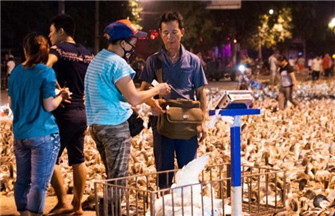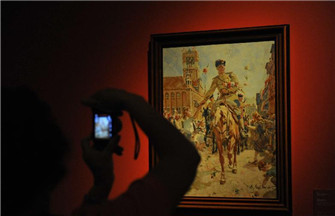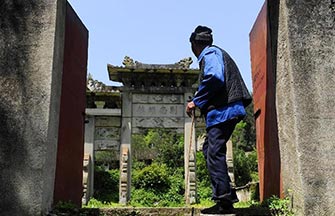Tuning in to war
By Xu Fan ( China Daily ) Updated: 2015-09-03 07:36:31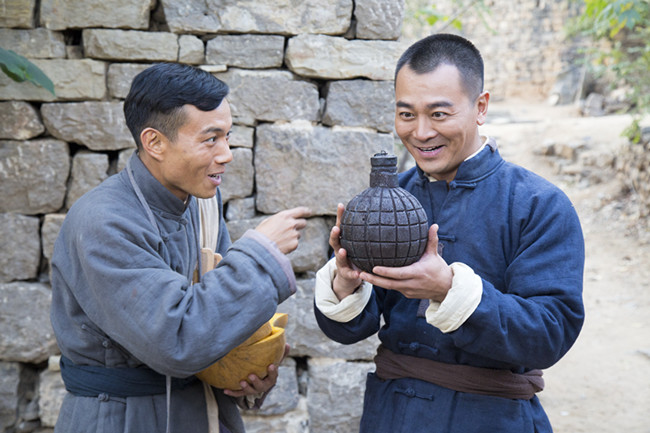 |
|
Landmine Warfare is adapted from the 1965 film with the same title. [Photo provided to China Daily] |
Series of changes
While innovation came to the children's TV world, adult audiences are experiencing another change on the small screen.
Over the past two years, China has seen a rise of period series about the war against Japanese invaders. Statistics from the State Administration of Press, Publication, Radio, Film and Television show that up to 116 TV dramas were released from January to September center on the revolutionary subjects, most of which are set in the war against Japanese. This theme also occupied more than 50 percent of the 472 dramas displayed at the 2014 Beijing TV Program Market & Exhibition (Fall), an industry indicator to show the next years' screening trend.
However, the vast number has raised concerns, as many audiences have slammed the absurdities in some dramas with bizarre plots, idolization of war heroes, and disregard of history.
China banned such ridiculous programs in May and cracked down on those featuring exaggerated content. TV industry insiders now have raised sensitiveness and self-checks to avoid tapping into the dangerous zone, say directors and experts contacted by China Daily.
"The war against Japanese invaders plays a key role in Chinese history and witnessed the forefathers' struggle and sacrifice. Every program producer should respect the history and make the script in a serious way," says Lian Yiming, director and producer of the on-screen Left-Hand Cleaver, a 48-episode epic on a legendary cavalry troop. Lian has specialized in revolutionary dramas for around 20 years.
His opinion is widely supported in TV circles.
"The wartime dramas should not only focus on featuring fights and kills, but should raise the height to examine the humanity and its influence over ordinary people's fates," says Qian Yanqiu, director of The Flying Tigers, based on a 300-member guerrilla force led by the Communist Party in Shandong province in 1940s.
|
|
|
|
|
|
|
|
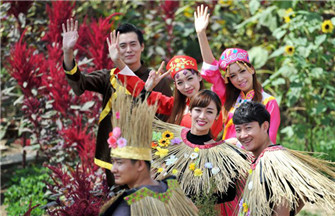
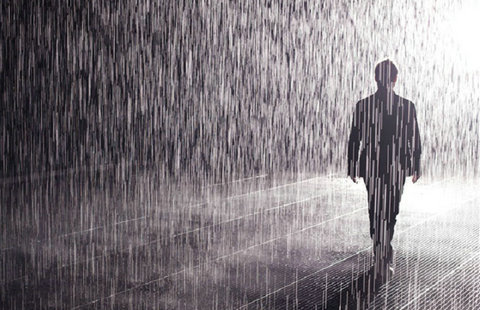
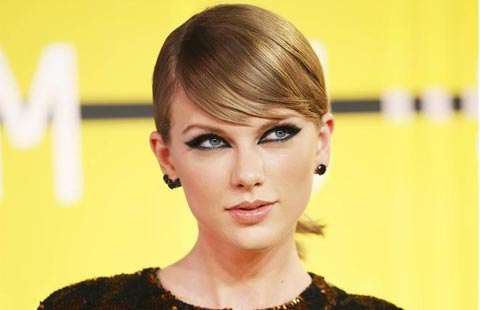



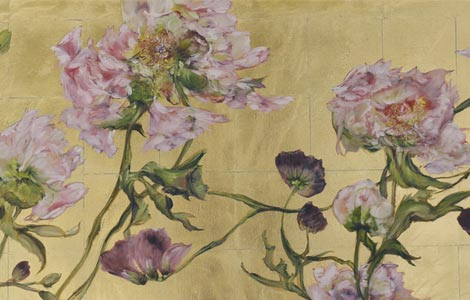
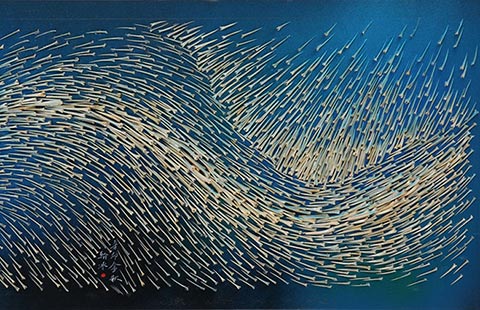
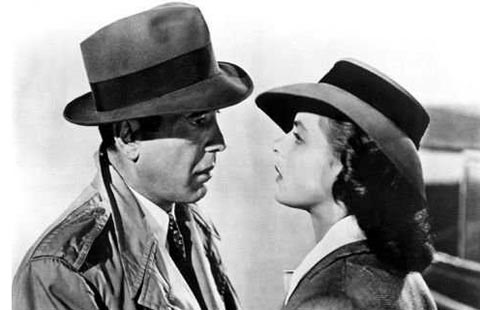










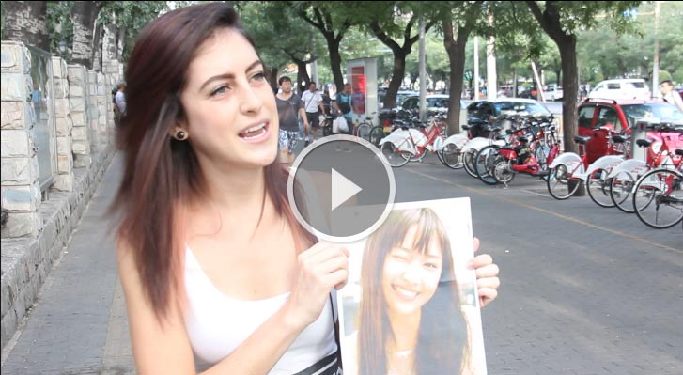


 Raymond Zhou:
Raymond Zhou: Pauline D Loh:
Pauline D Loh: Hot Pot
Hot Pot Eco China
Eco China China Dream
China Dream China Face
China Face

